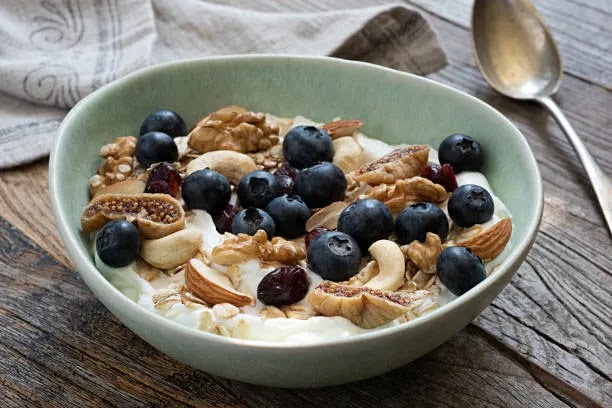When you crack open a walnut, you'll discover a slew of advantages.
What's not to like about a good walnut? This tree nut is an all-around excellent food—a superfood if you will—from the primary nutrients, it delivers to the versatility it offers in the kitchen.
Walnuts are high in nutrients that are beneficial to your health. These little nuts are packed with nourishment, from plant-based proteins to fiber to ALA omega-three fatty acids. When it comes to antioxidants, walnuts appear to have the highest antioxidant activity of any nut on the market.
Walnuts are well-known for being a tasty addition to baked goods and a fantastic topping for salads and other foods. However, there are specific lesser-known adverse effects that you may encounter if you consume walnuts regularly. If you enjoy walnuts, here are six unexpected side effects you may experience while eating your favorite nut.
1. Your cholesterol levels may drop.
More than 10% of Americans have dangerously high cholesterol levels and could benefit from taking actions to lower them. According to a study published in Circulation, regular daily walnut eating is connected to persistent lower cholesterol levels in 708 healthy older persons who ate walnuts for two years.
2. You have a chance of living a longer life.
If you want to live longer until someone uncovers the actual Fountain of Youth, your best hope looks to be relying on walnuts to help you.
According to the findings of a study published in Nutrients, higher walnut consumption—both in terms of quantity and frequency—may be associated with a decreased risk of death and a longer life expectancy among older persons in the United States than those who do not consume walnuts.
3. Your body may have trouble absorbing iron.
If you consume many walnuts, you might want to hold off on taking an iron supplement or consuming iron-rich meals while you're doing so.
Walnuts contain phytic acid, a substance that can prevent iron absorption. And, while they don't have the most significant quantity of this acid (we're looking at you, Brazil nuts!), they do have some, which should be considered while eating them.
Phytic acid isn't the only mineral that phytic acid prevents you from absorbing. Depending on how much you're eating, this acid can also contain calcium and zinc from being absorbed.There's no need to entirely exclude walnuts from your diet if you're concerned about nutritional absorption. Just make sure you don't have your walnut-rich meal or snack simultaneously as your iron-rich item.
4. You may be at a lower risk of developing type 2 diabetes.
According to a study published in the Journal of Nutrition, walnut consumption is linked to a considerably decreased incidence of type 2 diabetes in women.
Compared to other nuts, which typically contain a significant quantity of monounsaturated fats, walnuts are unique. They have been associated with a favorable effect on insulin resistance, potentially lowering the incidence of type 2 diabetes.
5. There's a chance you'll have medication interactions.
If you eat walnuts regularly while taking hypothyroidism medicine, your medication may become less effective.
If you have any concerns, talk to your doctor about them. To give your body what it requires, you may need to alter your dose.
6. You might feel satisfied after eating.







